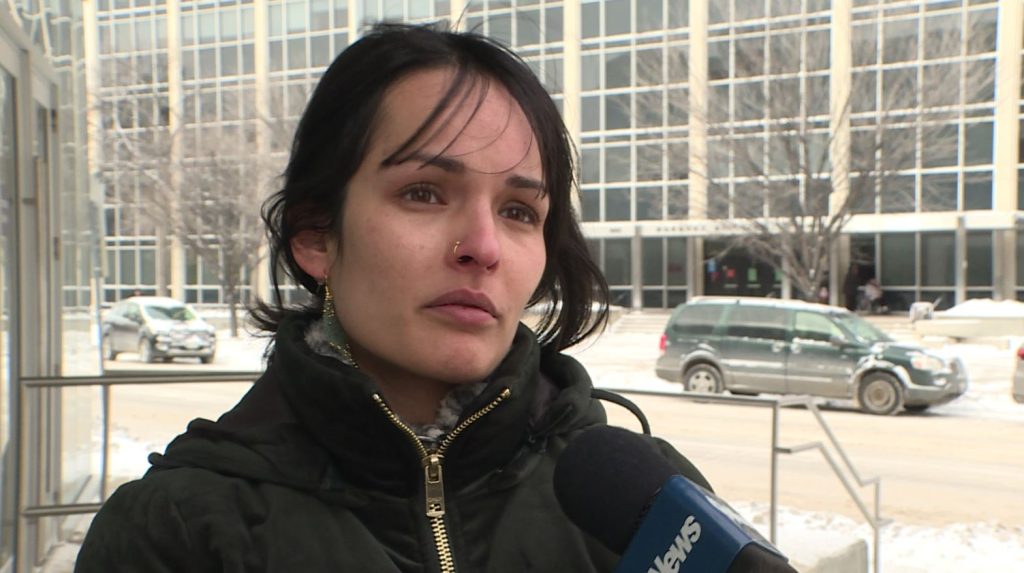Expert says ketamine sedation for people in crisis must be studied in Winnipeg

Posted February 27, 2024 5:46 pm.
Last Updated February 27, 2024 10:58 pm.
At an ongoing inquest examining the deaths of five men following police interactions a long-standing expert of pharmacology says the use of ketamine by police to help people in crisis must be examined.
Gary Glavin is a doctor of pharmacology and is a well-known expert on drugs and medications. in court Tuesday, he told Judge Lindy Choy it would be “unconscionable” to not at least study using ketamine as a drug to sedate people in varying levels of distress saying in the deaths of five men being examined, it was cardiovascular issues, unmasked by the outside factors, including drug presence and struggles with law enforcement, that would kill them.
The inquest is examining the deaths of Patrick Gagnon, Michael Bagot, Sean Thompson, Matthew Fossenueve, and Randy Cochrane. All of the men would die following police interactions in less than a year and all of the men were in distress at the time of their deaths.

Galvin says right now, when it comes to people in heightened states of agitation, police are dealing with what he considers to be “an impossible situation”. When it comes to the study of police using sub-clinical doses of ketamine to calm people in crisis: “The greatest risk is not taking one.”
“They have nothing in their arsenal except to fight and struggle. That is not acceptable,” said Galvin.
Right now, only advanced care paramedics in Winnipeg, can issue a sedative.

For Michael Bagot’s cousin, Emily Bagot-Sideen, she says while the conversation around ketamine is welcome, she’s frustrated it’s taken so long for conversations around this to reach Winnipeg.
“I do believe it would have helped in Michael’s situation,” said Bagot-Sideen. “It really shows my family that we didn’t have to be here. That Michael’s death was preventable.
“We do need more research on Ketamine treatment, particularly in a place like Manitoba where we might have had more difficulty moving forward with those therapeutic drug treatments before, but I hope this is really heard, and that it’s really taken on in the community by Winnipeggers.”
The inquest is set to continue in Mid-March.








